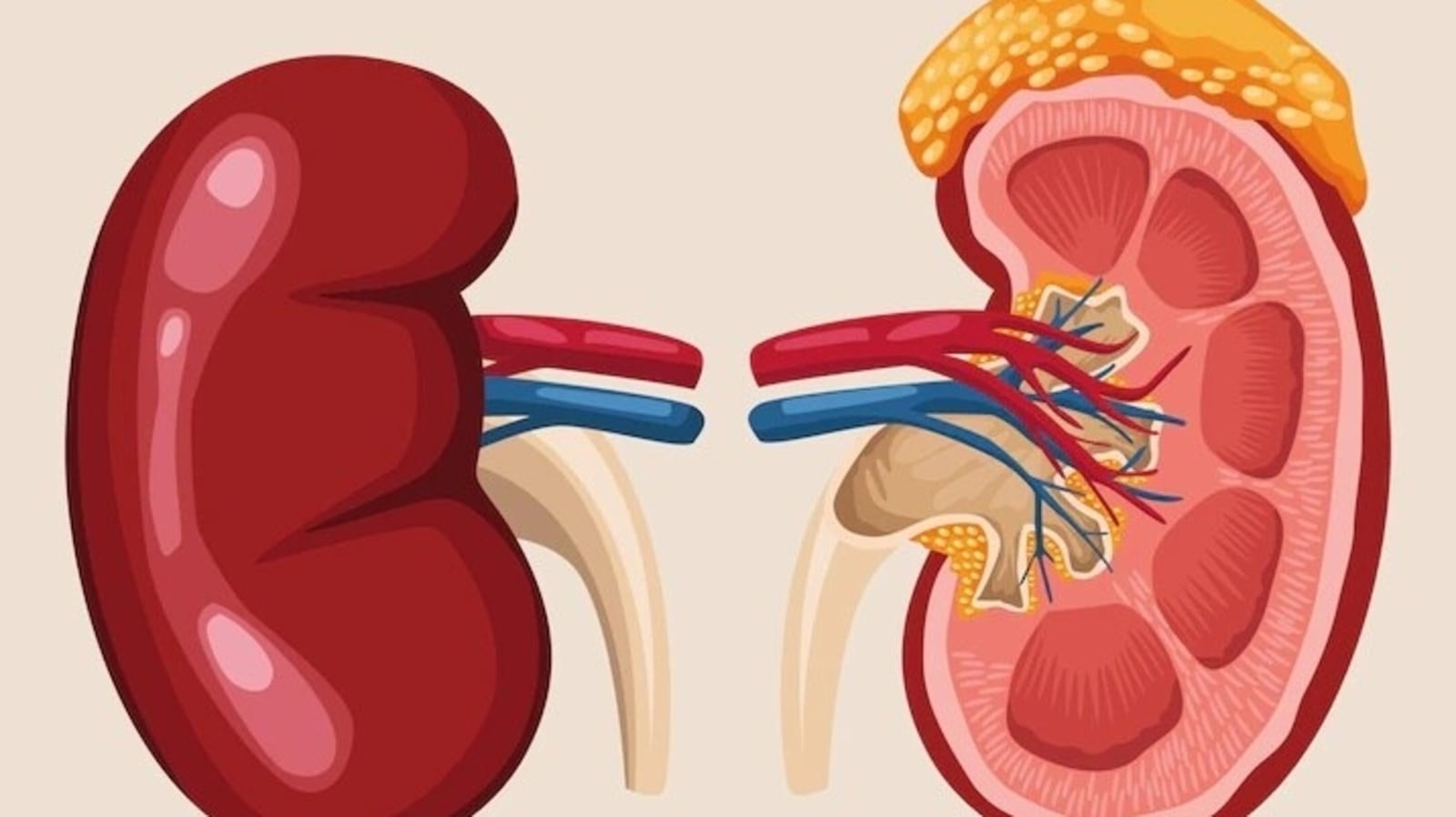Proper hydration is of paramount importance for individuals with diabetes. The significance of hydration extends far beyond quenching thirst, as it plays a vital role in effectively managing diabetes and promoting overall well-being. In this article, we will explore five helpful pieces of information about the importance of hydration in diabetes management. Understanding these key points will enable individuals with diabetes to make informed decisions about their fluid intake and optimize their diabetes management strategies.
1, Blood Sugar Regulation.
You are correct that hydration plays a crucial role in managing diabetes and regulating blood sugar levels. Here's how it works:
Improved insulin sensitivity: When you stay adequately hydrated, it helps your body maintain optimal insulin sensitivity. Insulin is a hormone that regulates blood sugar levels by allowing glucose to enter your body's cells. When you are dehydrated, your body becomes less efficient at using insulin, leading to elevated blood sugar levels.
Kidney function: Proper hydration supports healthy kidney function. The kidneys play a vital role in filtering waste products and excess glucose from the bloodstream. When you are well-hydrated, your kidneys can efficiently remove these substances, helping to regulate blood sugar levels. However, dehydration can impair kidney function, leading to reduced glucose clearance and elevated blood sugar levels.
Digestion and absorption: Water is essential for the proper digestion and absorption of nutrients, including carbohydrates. When you consume carbohydrates, they are broken down into glucose, which enters the bloodstream. Adequate hydration ensures efficient digestion and absorption of carbohydrates, preventing spikes in blood sugar levels.
Preventing excessive thirst and overeating: Dehydration can cause excessive thirst, leading to increased fluid intake. If the fluids consumed contain high amounts of sugar, it can significantly affect blood sugar levels. By staying well-hydrated, you can prevent excessive thirst and the temptation to consume sugary beverages, thus supporting better blood sugar control.
To manage diabetes effectively, it is essential to maintain proper hydration by drinking an adequate amount of water throughout the day. The specific water intake requirements vary depending on factors such as age, activity level, climate, and overall health. It's recommended to consult with a healthcare professional or a registered dietitian to determine the appropriate hydration needs for your specific situation.
Remember, while hydration is important for blood sugar regulation, it is just one aspect of diabetes management. It is crucial to follow a well-balanced diet, engage in regular physical activity, take prescribed medications as directed, and monitor blood sugar levels consistently to effectively manage diabetes.
2, Kidney Function.
Diabetes is a condition that can increase the risk of kidney complications, including diabetic nephropathy (kidney disease). Staying well-hydrated is indeed essential for maintaining proper kidney function and minimizing the strain on these organs. Here's how hydration helps support kidney health in the context of diabetes:
Optimal filtration: Adequate hydration ensures that there is a sufficient volume of blood flowing through the kidneys. This supports the kidneys' ability to filter waste products, excess glucose, and other toxins from the bloodstream. When you are well-hydrated, the kidneys can efficiently perform their filtration function, which is crucial for maintaining overall health and preventing kidney damage.
Blood pressure management: Diabetes can lead to high blood pressure, which can further damage the kidneys. Hydration plays a role in regulating blood pressure levels. When you are adequately hydrated, blood volume is maintained, and blood vessels can expand and contract more effectively. This helps promote healthy blood pressure levels, reducing the risk of kidney damage associated with high blood pressure.
Prevention of dehydration-related complications: Dehydration can contribute to the development of kidney stones, urinary tract infections (UTIs), and other complications. These conditions can have a negative impact on kidney health and function. By staying well-hydrated, you can help prevent dehydration and reduce the likelihood of experiencing these complications.
It is important to note that while staying hydrated is beneficial for kidney health, it should be part of an overall approach to managing diabetes and maintaining kidney function. Managing blood sugar levels, following a balanced diet, taking prescribed medications as directed, and engaging in regular physical activity are also crucial aspects of diabetes management and kidney health.
If you have diabetes or concerns about your kidney health, it's always recommended to consult with your healthcare provider. They can provide personalized advice and guidance based on your specific condition and needs.
3, Prevention of Dehydration-Related Complications.
Diabetes can indeed increase the risk of dehydration due to factors such as frequent urination and elevated blood sugar levels. Staying hydrated is crucial for preventing dehydration-related complications and maintaining overall well-being. Here's how proper hydration helps prevent these issues:
Fluid balance: Diabetes can cause frequent urination, known as polyuria, which can lead to increased fluid loss. Additionally, elevated blood sugar levels can cause excessive thirst, leading to increased fluid intake. By staying adequately hydrated, you can help maintain a healthy fluid balance in your body, replenishing the fluids lost through urination and preventing dehydration.
Electrolyte balance: Dehydration can disrupt the balance of electrolytes in the body, including sodium, potassium, and magnesium. These electrolytes play important roles in various bodily functions, including nerve function and muscle contractions. By staying hydrated, you support the proper balance of electrolytes, helping to prevent electrolyte imbalances and related complications.
Energy and well-being: Dehydration can cause symptoms such as dizziness, fatigue, and dry mouth. By staying well-hydrated, you can help prevent these issues and maintain your energy levels and overall well-being. Proper hydration supports optimal physical and cognitive function, keeping you more alert, focused, and energized throughout the day.
Digestive health: Dehydration can contribute to constipation and other digestive issues. Sufficient hydration helps maintain adequate moisture in the digestive tract, promoting regular bowel movements and preventing constipation.
To ensure proper hydration, it is generally recommended to drink an adequate amount of water throughout the day. The specific water intake requirements may vary depending on factors such as age, activity level, climate, and overall health. It's important to listen to your body's signals of thirst and drink water accordingly.
If you have diabetes, it's essential to work with your healthcare provider to develop a comprehensive management plan. They can provide personalized recommendations on hydration, taking into account your specific needs and any considerations related to your diabetes management.
Remember, proper hydration is just one aspect of diabetes management, and it should be combined with other healthy habits such as balanced nutrition, regular physical activity, and appropriate medication management to effectively manage diabetes and promote overall well-being.
4, Improved Insulin Absorption.
While hydration is important for overall health and diabetes management, there is limited scientific evidence to directly support the claim that adequate hydration enhances the effectiveness of insulin therapy. However, staying adequately hydrated does contribute to general physiological well-being, which can indirectly benefit insulin absorption and blood sugar control. Here are a few factors to consider:
Blood circulation: Proper hydration helps maintain adequate blood volume and promotes efficient blood circulation. Improved blood circulation can potentially enhance the delivery of insulin to target tissues, facilitating its absorption and action.
Injection site condition: Insulin is typically administered via subcutaneous injection. Adequate hydration can help maintain healthy skin and subcutaneous tissue at the injection site. Healthy skin and tissue condition can positively impact insulin absorption rates.
Overall metabolic health: Proper hydration supports overall metabolic function, which can indirectly affect insulin sensitivity and blood sugar control. Maintaining a well-hydrated state, along with a balanced diet, regular exercise, and appropriate medication use, can contribute to improved metabolic health, potentially leading to better insulin utilization and blood sugar regulation.
While hydration is beneficial, it is important to note that insulin therapy and its effectiveness depend on various factors, including individual differences, insulin formulation, injection technique, and other aspects of diabetes management. It is always advisable to follow your healthcare provider's guidance regarding insulin therapy and diabetes management, including medication dosage and timing.
If you have specific concerns about your insulin therapy or diabetes management, consult your healthcare provider, who can provide personalized advice based on your individual needs and circumstances.
5, Enhanced Overall Health.
Proper hydration is indeed crucial for maintaining overall health and well-being, regardless of whether you have diabetes or not. Here are some ways in which staying hydrated can enhance overall health and support diabetes management:
Digestive health: Adequate hydration helps maintain proper digestive function by facilitating the breakdown and absorption of nutrients. It supports the production of digestive juices, aids in bowel movements, and helps prevent constipation.
Body temperature regulation: Water is essential for regulating body temperature through processes like sweating and evaporation. Staying hydrated helps your body maintain a stable body temperature, which is important for overall comfort and well-being.
Joint lubrication: Proper hydration supports the production of synovial fluid, which lubricates the joints. This helps reduce friction between joint surfaces, promoting joint health and mobility.
Skin health: Hydration plays a vital role in maintaining healthy skin. Sufficient water intake helps keep your skin hydrated, improving its elasticity, texture, and overall appearance. It can also help prevent dryness, itching, and other skin-related issues.
General well-being: When your body is properly hydrated, you are likely to feel more energized, focused, and mentally alert. Hydration supports optimal brain function and can help improve mood and cognitive performance.
For individuals with diabetes, maintaining overall health is particularly important for effective diabetes management. By staying adequately hydrated, you can optimize your body's functioning, potentially improving blood sugar control, and supporting other aspects of diabetes management.
To ensure proper hydration, aim to drink water throughout the day and listen to your body's signals of thirst. It is also beneficial to reduce or avoid sugary beverages, as they can contribute to elevated blood sugar levels.
Remember, while hydration is essential, it should be combined with a comprehensive approach to diabetes management, including a balanced diet, regular physical activity, proper medication use, and regular monitoring of blood sugar levels. Working closely with your healthcare provider can help you develop an individualized plan that addresses your specific needs and goals.
In conclusion, maintaining adequate hydration is crucial for individuals with diabetes. By staying hydrated, you can support blood sugar regulation, promote kidney function, prevent dehydration-related complications, enhance insulin absorption, and improve overall health. These benefits highlight the pivotal role that hydration plays in managing diabetes effectively. Remember to consult with your healthcare team for personalized guidance on fluid intake, as they can provide tailored recommendations based on your specific needs. Prioritizing hydration as part of your diabetes management routine can contribute significantly to your overall health and well-being.





Comments
Post a Comment